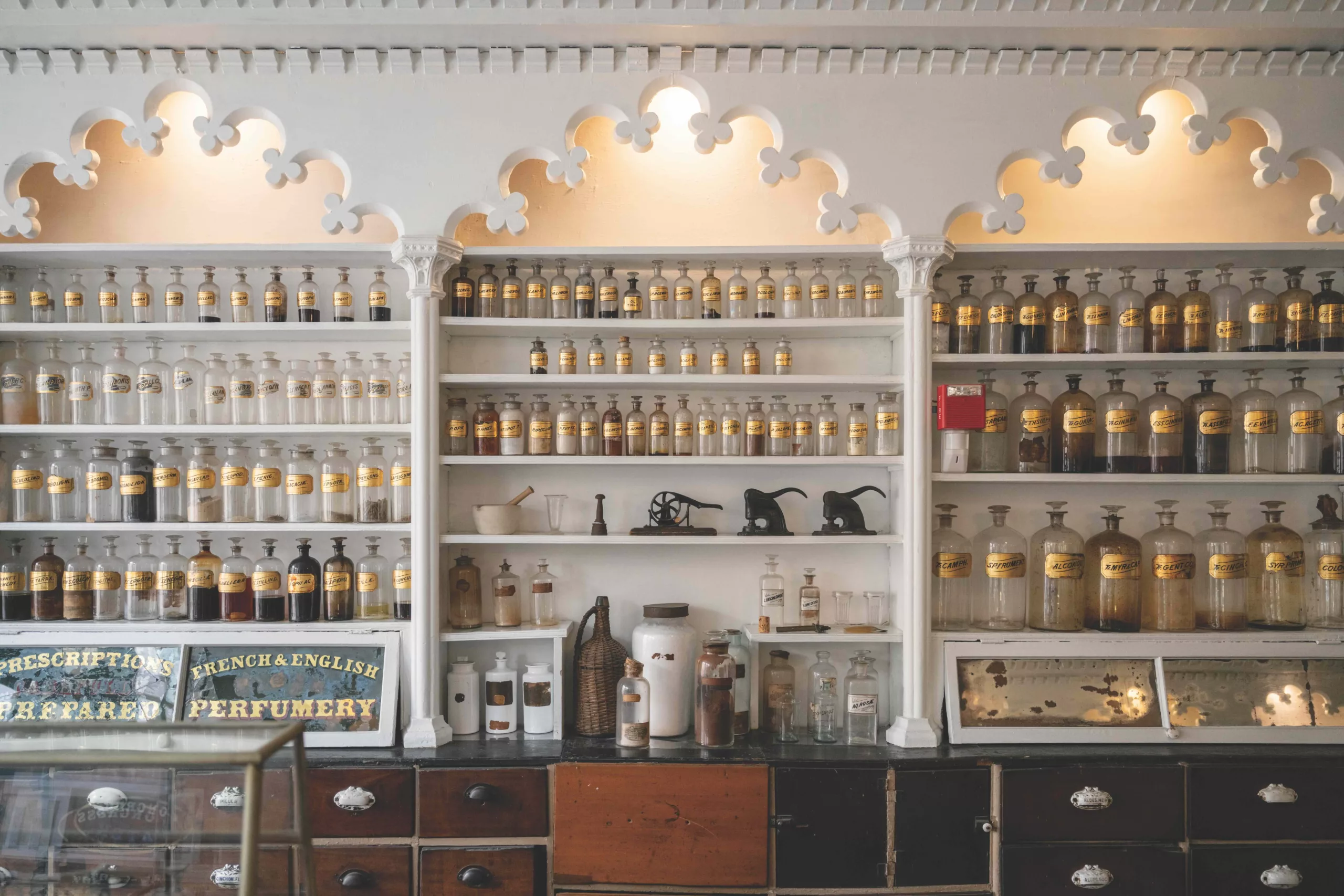The Naro Expanded Cinema in Norfolk just celebrated its 75th birthday.

Exterior of the old Naro Theater

The Colley Theater, now Naro Expanded Cinema
Before the days of multiplexes and Netflix and digital downloads, so-called “artsy” films–meaning somewhat serious movies that often aimed to capture the nuances of the human condition (as opposed to impressing 14-year-old boys with noisy explosions)– were shown in single-screen arthouse theaters. These venues typically catered to movie mavens who had a taste for provocative, intellectual, and foreign films.
Most arthouse theaters have disappeared, of course–but not all. The Commodore in Portsmouth, opened in 1945, is still operating as a one-screen theater, and so is the even older Naro Expanded Cinema in Norfolk’s Ghent neighborhood. It celebrated its 75th anniversary as a movie house on February 24th, with a special screening of Modern Times, which was written and directed by Charlie Chaplin. It was Chaplin’s last silent movie, and his last screen appearance as ‘The Little Tramp’ in a comedy that’s also a social commentary. Modern Times opened in February of 1936, just as the Colley Theater, as the Naro was originally called, threw open its doors. Naro co-owner Tench Phillips calls the Chaplin classic “the perfect movie to celebrate our 75th.”
William S. Wilder built the Colley Theater at 1507 Colley Avenue. The art deco building cost $75,000. In those days Ghent was an outlying area of Norfolk, and the theater was considered a modern suburban movie house–at 500 seats, smaller than the big movie palaces downtown and in Portsmouth. The opening night picture was A Midsummer Night’s Dream.
The Colley Theater changed hands in the 1960s. The new owner, Robert Levine, changed its name to the Naro, using the first two initials of his parents’ names, Nathan and Rose. Levine owned and operated a number of single-screen movie houses in Norfolk, but today the Naro is the only one in the city still open and functioning as a movie venue. In the 1960s and 1970s, there were shifts in the movie industry and Levine suffered financial problems, eventually losing his theater business to creditors. The Stein family took over Naro, and the building functioned briefly as a playhouse, with live productions, in the mid-1970s before going dark again.
In 1977, Tench and his friend Thom Vourlas, who both lived in the neighborhood, leased the vacant building and restarted the Naro as a movie house. Playing off of the theater’s name, which is pronounced “narrow,” the pair opted to add the words “expanded cinema” to reflect their programming philosophy. “We were young and part of the arts community back in the 1970s,” says Phillips. “I traveled and knew what was happening in other cities, and if I was going to live here I wanted good movies coming in–and of course this was way before video and cable and digital technology.” He says that he and Vourlas “never had any grandiose ideas about expansion, and never wanted divide up, or twin, it. We decided to keep it intact.”
The theater was “pretty successful,” from the start, says Phillips, and business was especially good in the 1980s–when it and similar venues had a virtual monopoly on classic movies. He calls that the “golden era” for specialty theater, because the video rental industry, not to mention cable and satellite TV, had not yet got established and there was no competition save for the three networks. “We lined up crowds for most everything that we did,” says Phillips. “We would play a lot of movies and it was a lot of fun.”
That’s not the quite case today. The movie business in general is contracting, as people watch more shows at home, and Phillips says it is “harder to be creative” with programming ideas. Still, he adds, “we’ve been able to nurse the business along for 33 years, and have a loyal clientele.”
The Naro shows only exclusives–what Phillips calls “grown up” movies that don’t compete with mainstream multiplex fare. “All our movies are first run–premiers–except when we do revivals.” While the theater tends to show several films a week, The King’s Speech was up on the Naro marquee for seven weeks–the longest screening Phillips and Vourlas have ever had. Their most successful movie, not surprisingly, has been that arthouse staple and cult favorite–the Rocky Horror Picture Show, still playing twice a month after 33 years. Phillips says he and Vourlas bring in speakers occasionally (the arts critic for the Virginian-Pilot, Mal Vincent, has been a regular guest for years), show documentaries once a week, and do other events to keep the business alive, if not vital.
The Naro’s lease is up for negotiation this year, and Phillips, sounding a bit rueful, hopes a deal can be hammered out “that will be fair to us.” More generally, he adds, “We hope the cinema experience never goes out of style. I don’t care how big your flat-screen TV is, it’s not a cinema experience–it’s not public, and that is the way to see a film of some weight.”









